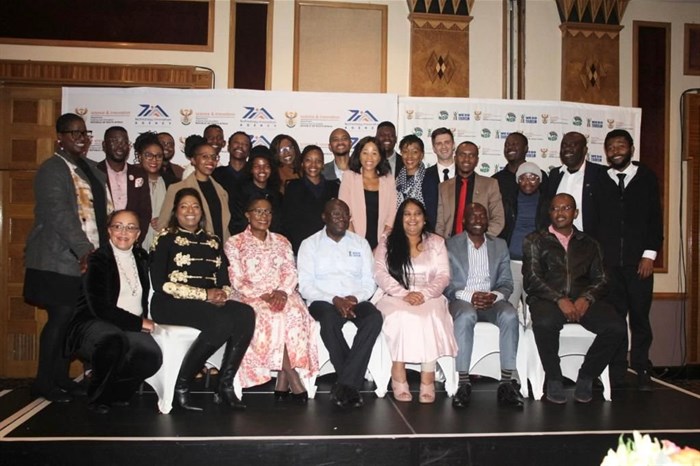
Related
Top stories


ESG & Sustainability#BudgetSpeech2026: SRD grant unchanged, other Sassa social grants see hike
10 hours



More news












ESG & Sustainability
South Africa’s carbon tax should stay: climate scientists explain why










20 tech-savvy entrepreneurs, between the ages of 18 and 35, were selected to begin a two-year journey in tourism’s incubator programme to advance the design and business viability of their prototypes. Once finalised, the innovations will be introduced to the sector and potential investors for funding, implementation, or as resources for new ventures and new business entrants in tourism.
"The partnership with the Department of Tourism is part of TIA’s Hub and Spoke Partnership model that seeks to expand the impact of innovation in the country by forming partnerships with government departments.
"Through the TTGIIP we will see young people demonstrate the role of technology in catalysing sector growth through the development of enterprises that will stimulate job creation in the tourism sector," says Dr Anitha Ramsuran - manager of innovation for Inclusive Development (TIA).
"We hope that the success of this first cohort of TTGIIP innovators is a testament to the role of TIA as an industry builder. TIA will play its part in facilitating and translating the Innovations of the 20 tourism entrepreneurs into sustainable enterprises that will make an economic impact not just in the industry but in their communities as well.
As the impasse of the Covid-19 pandemic steadily dissipates, the grim economic conditions are a stark reminder for government and the private sector to look beyond conventional business methods to rebuild their economies. The Tourism Sector Recovery Plan advocates for the use of technology as an integral element in tourism operations. Digitalisation has the potential to open new frontiers and improve resource management efficiency and sector competitiveness.
Addressing guests at the launch, deputy minister of tourism, Fish Mahlalela said tourism’s significance in the country’s Economic Reconstruction and Recovery Plan (ERRP) is asserted by its ability to generate demand and production opportunities across various sectors of the economy. Leveraging on innovation and technological advancements bodes well to accelerate the sector’s recovery, whilst creating sustainable and inclusive opportunities that promote industrialisation.
"Technology advancements play a fundamental role in the growth and sustainability of tourism. Innovation, coupled with a multi-stakeholder implementation approach that encourages private sector and civil society participation, will be critical to the success of the TTGIIP. The gains of this initiative will create opportunities on the demand and supply side of tourism - empowering communities, promoting inclusiveness and driving the socio-economic recovery of the sector.
"The TTGIIP is aimed at ensuring the meaningful involvement of youth and women in the travel and hospitality industry by capitalising on their intellectual and technological prowess to evolve traditional business systems and practices to stimulate new services, entrepreneurial and job opportunities in the sector, " says Mahlalela
An average of 7.26 billion people worldwide (91% of the global population) own smart phones that grant them access to digital and technological resources to plan their lives. As tourism steadily recovers, consumer demand for diverse and niche tourism offerings will increase.
"Tourism is a people-centred activity that thrives on interaction, exploration and the exchange of our diverse cultural experiences. Technological advancements have delivered the world in the palm of our hands through smart devices, and enabled us to connect and share our experiences – even through a global pandemic.
"Leveraging on technological innovation meet the demands of tech-savvy travellers will improve our global competitiveness as a prime destination, and increase our international arrivals," concludes Mahlalela.